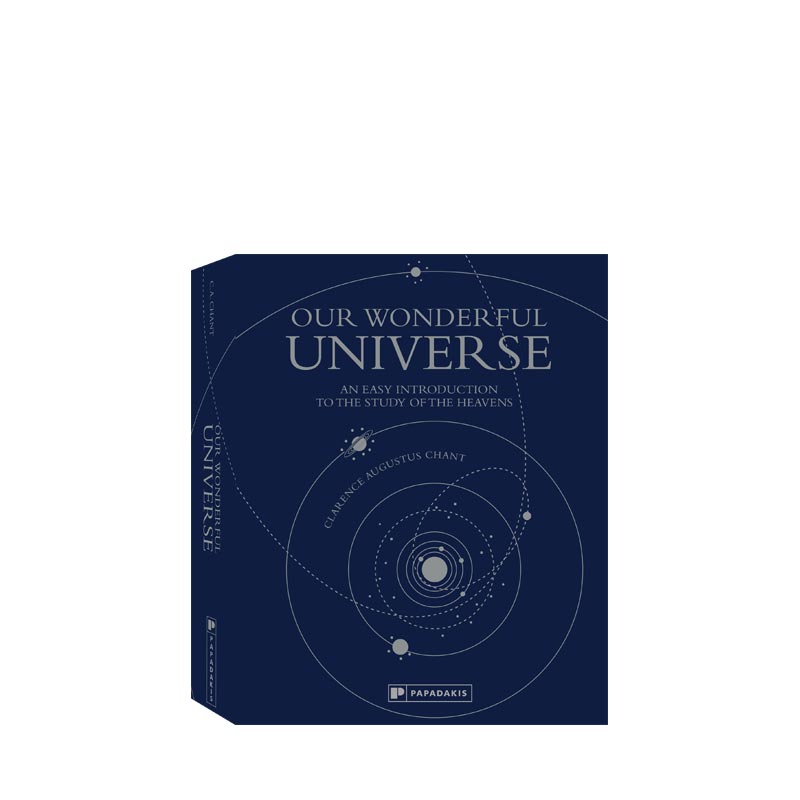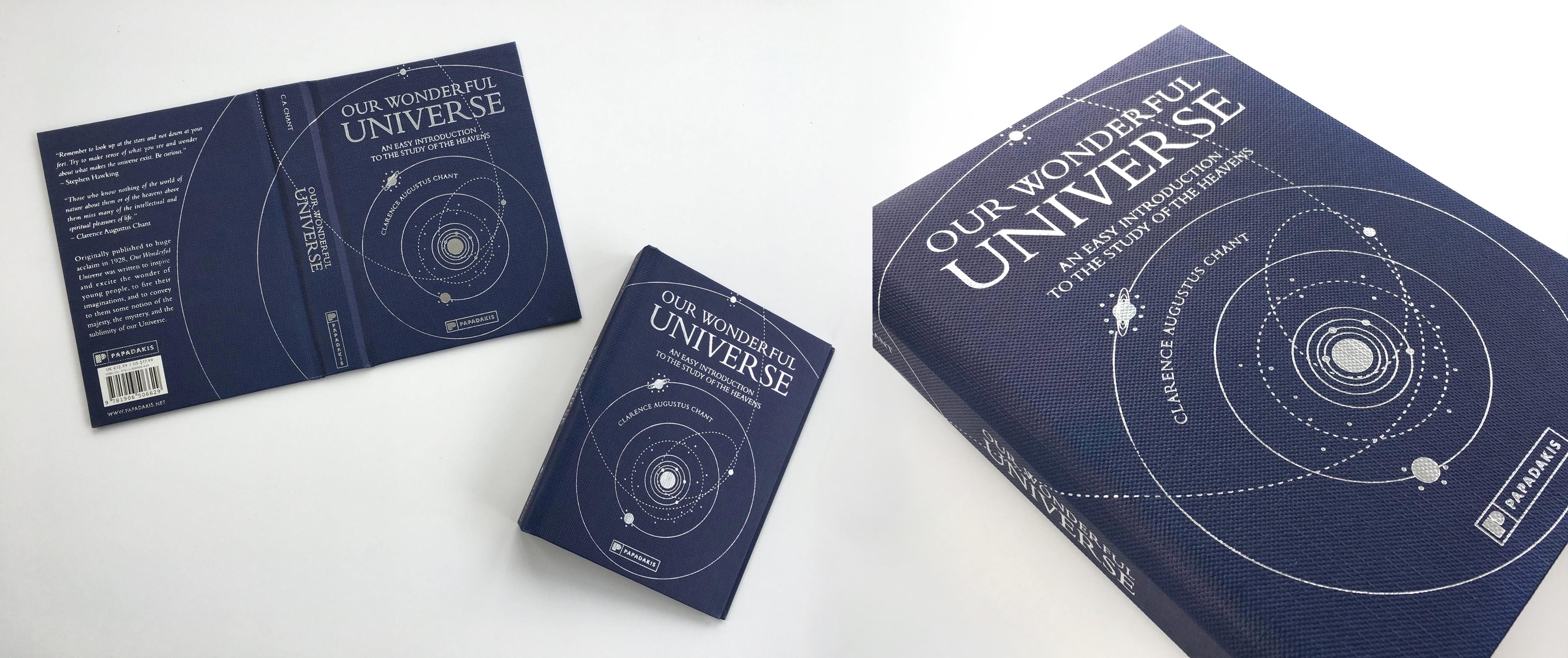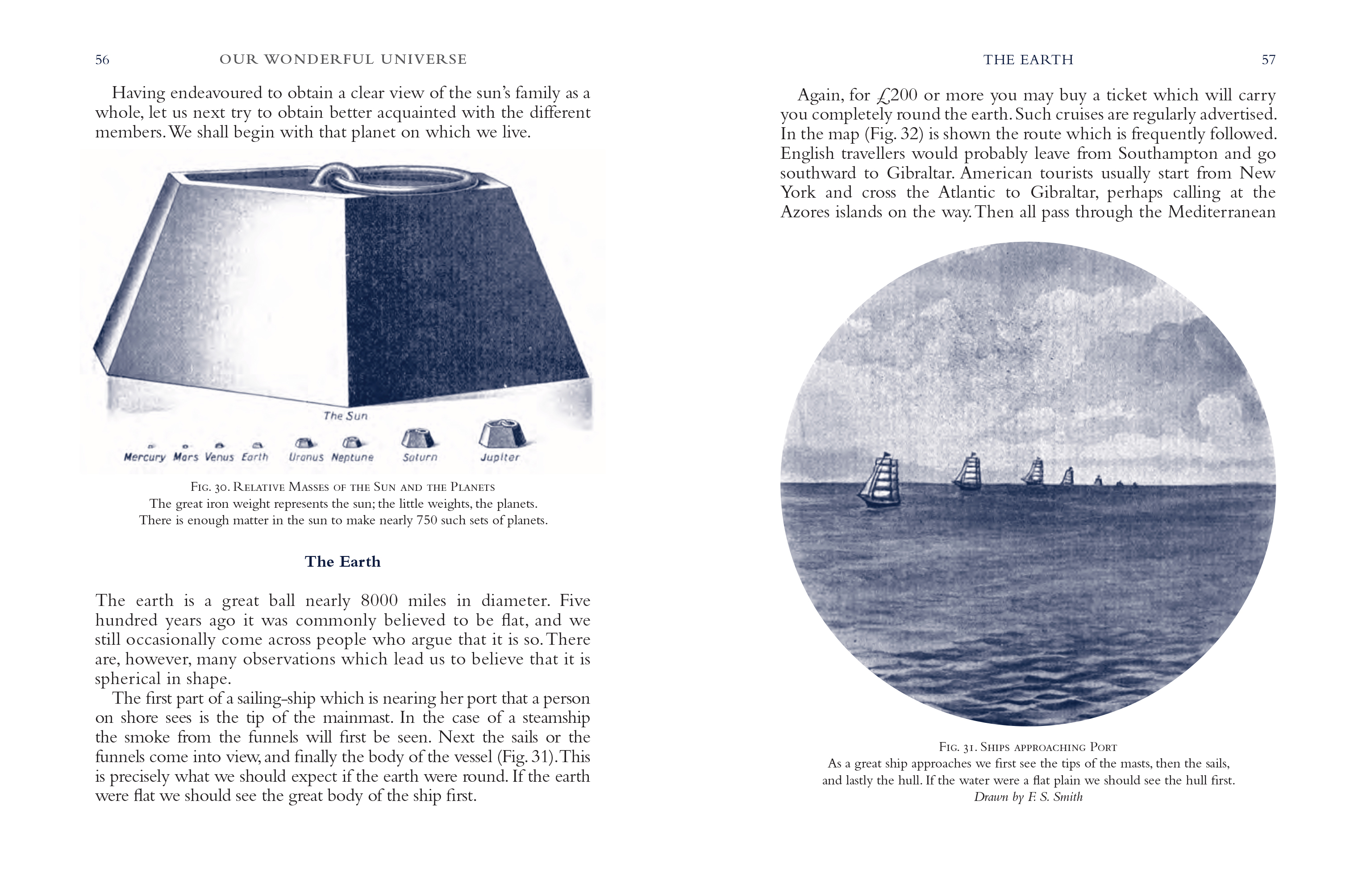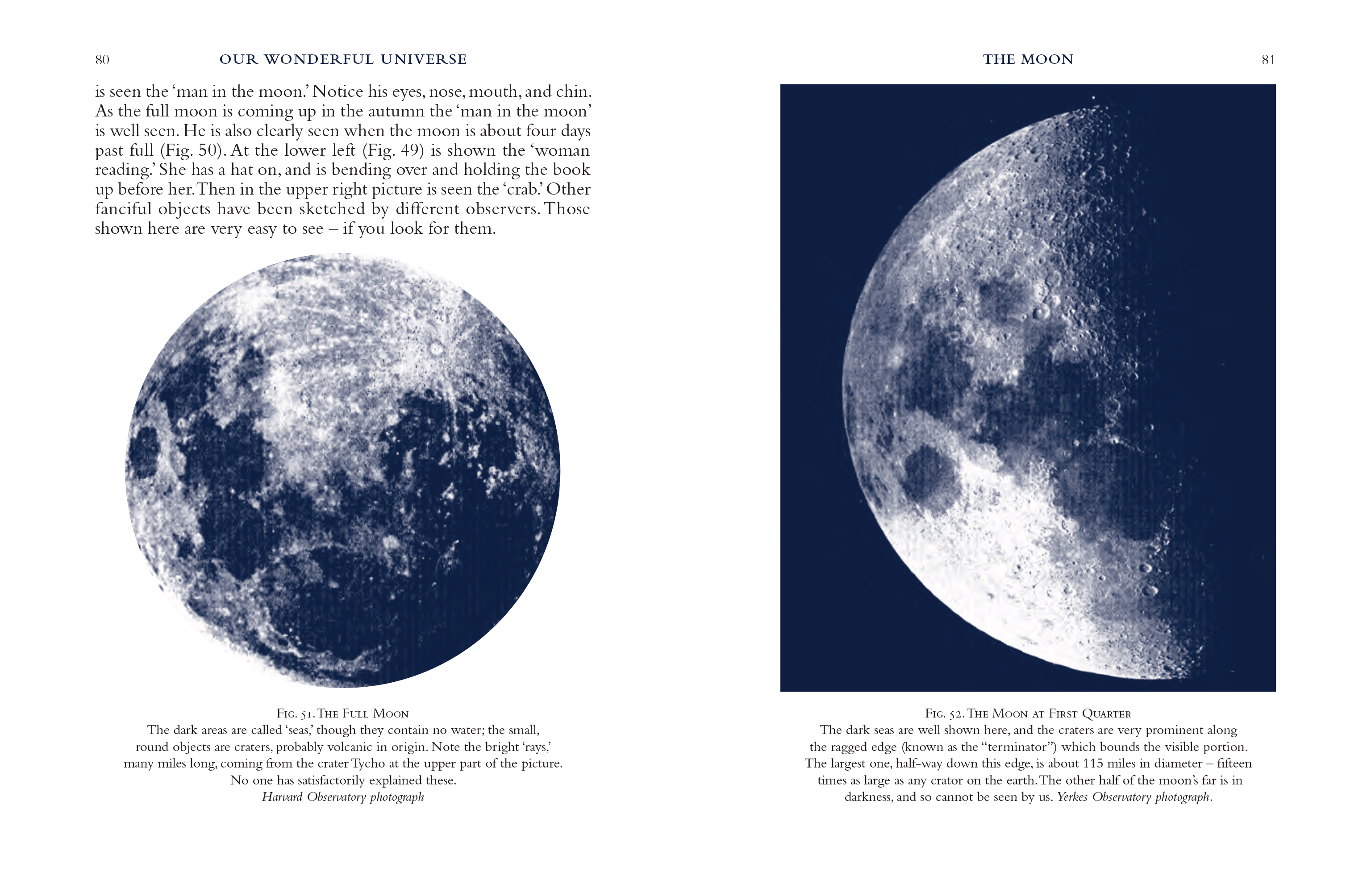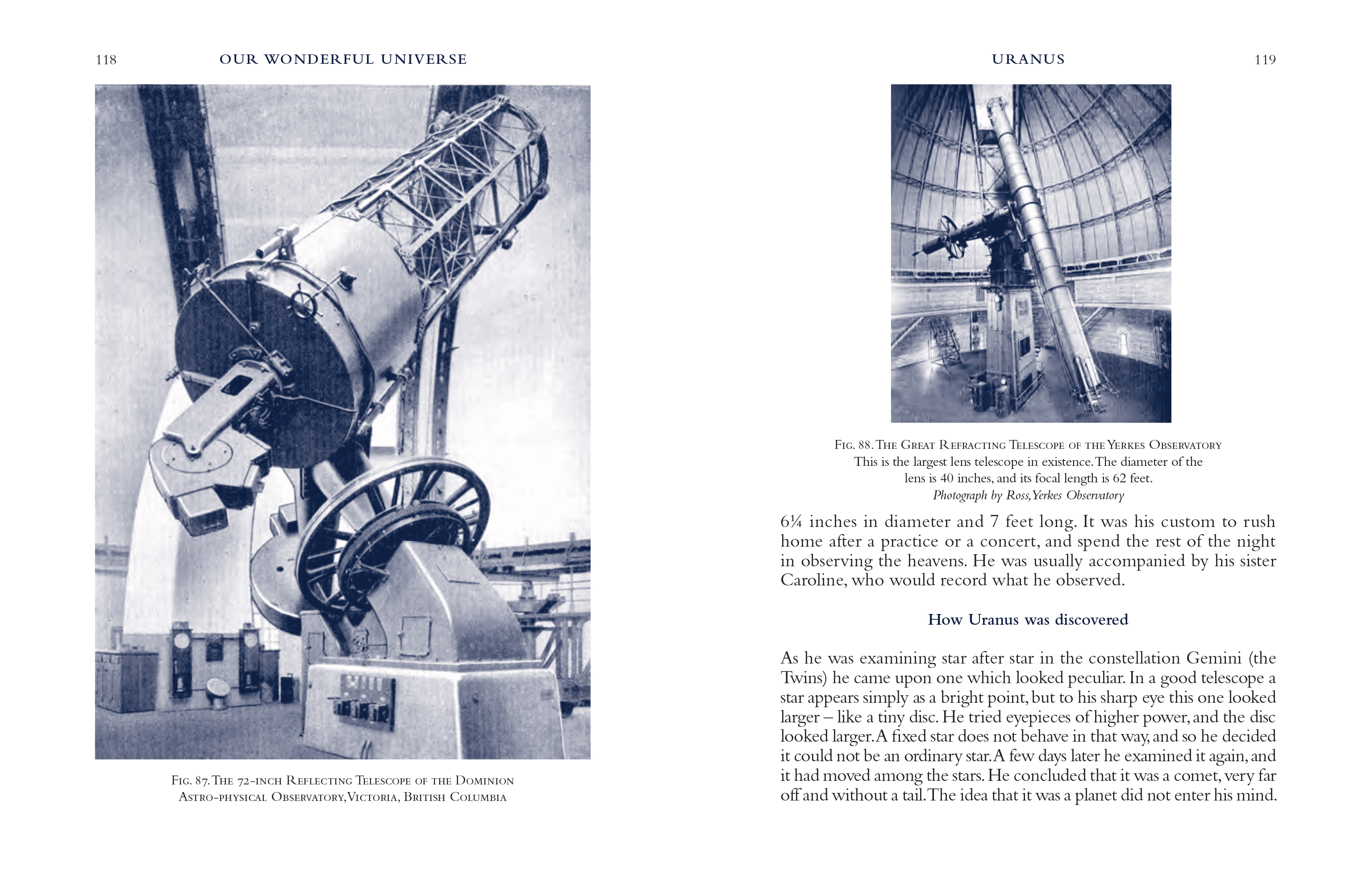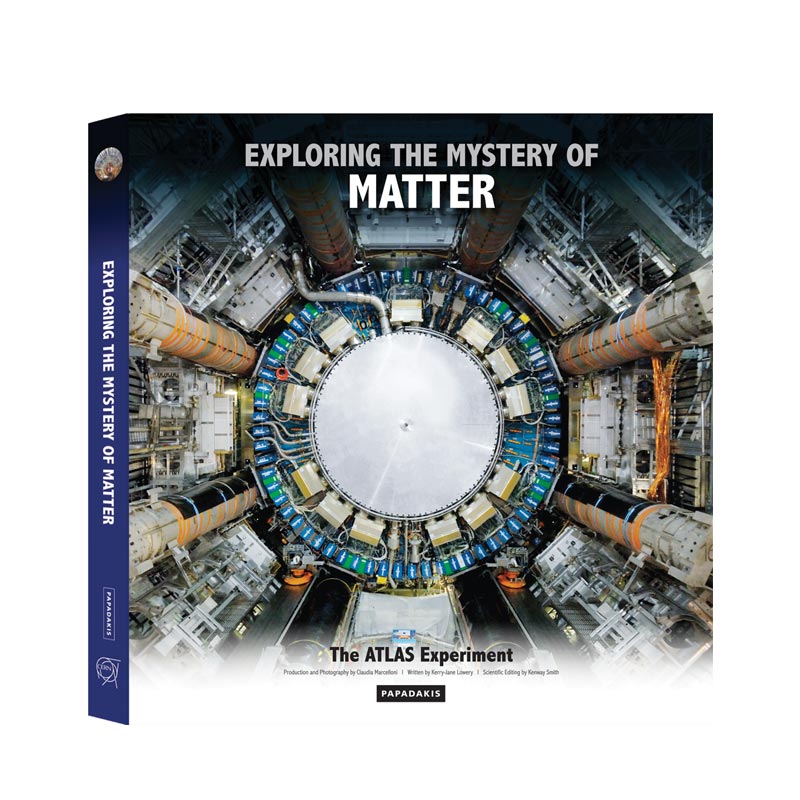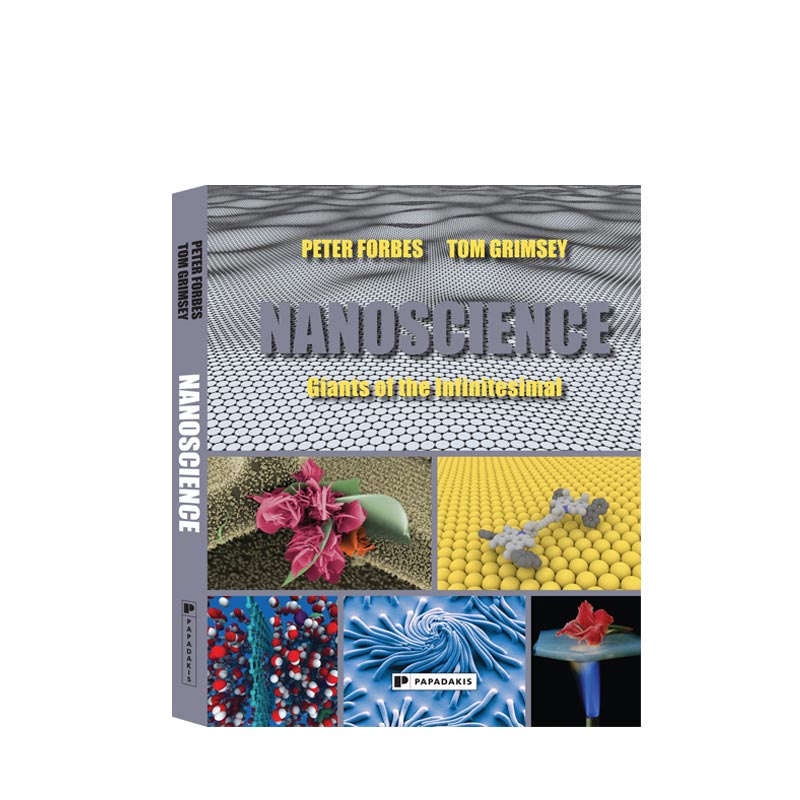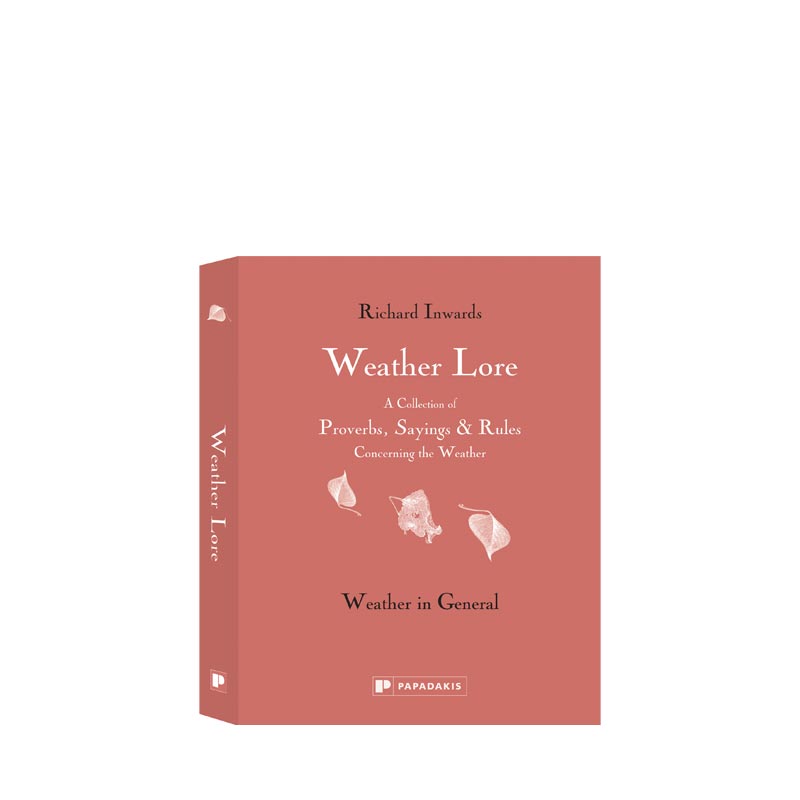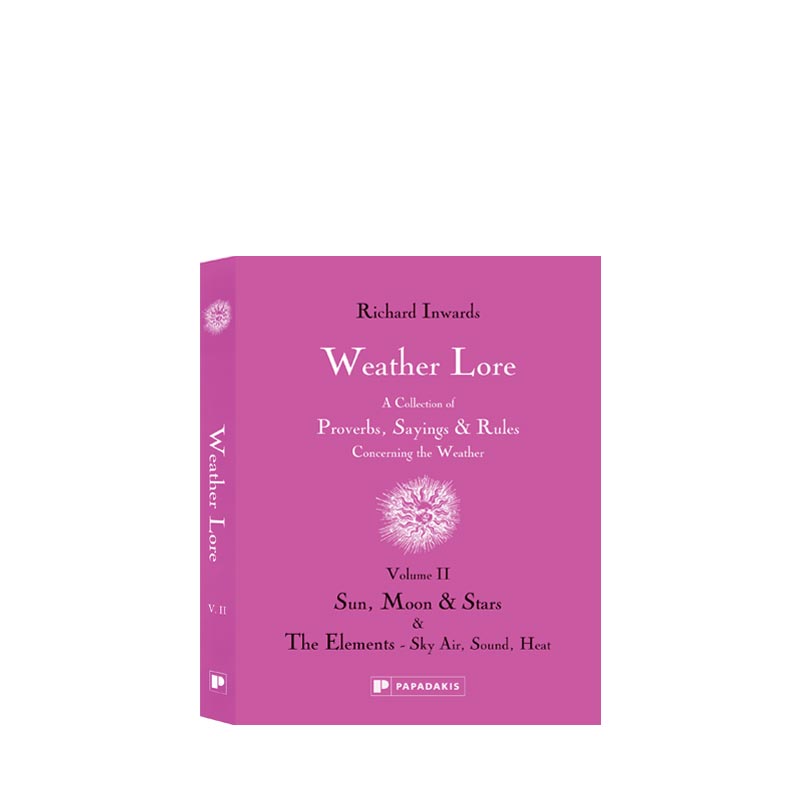Our Wonderful Universe
An Easy Introduction to the Study of the Heavens
Clarence Augustus Chant
Originally published to huge acclaim in 1928, Our Wonderful Universe was written to inspire and excite the wonder of young people, to fire their imaginations, and to convey to them some notion of the majesty, the mystery, and the sublimity of our Universe.
130 × 170 mm
192 pages
Hardback
ISBN: 978-1-906506-62-9
£12.99
Subjects: Astronomy / Space / Gift
Available now
Astronomy is one of the oldest branches of science, fascinating humans from the earliest times. Huge advances have been made since Clarence Augustus Chant’s acclaimed work Our Wonderful Universe was first published in 1928. We have sent humans into space and walked on the Moon. Spacecraft have landed on Mars, and the International Space Station, a joint project among five space agencies, has been continuously occupied by humans since November 2000. We are using telescopes and satellites to observe the skies, studying planets, moons, stars, galaxies, and comets, as well as supernovae explosions, gamma ray bursts, and cosmic microwave background radiation. Today’s and tomorrow’s challenges reach ever further, with key questions such as is there other life in the Universe, and what is the nature of dark matter, and what is the ultimate fate of the Universe? Astronomy is one of the few sciences where amateurs can still play an important active role, especially in the discovery and observation of variable stars, tracking asteroids and discovering transient objects, such as comets and novae. Written in a clear and charming style, Our Wonderful Universe is developed in the form of a talk, presenting the fundamental facts of astronomy in a simple and logical style and language. It is illustrated with the complete set of drawings and plates that accompanied the original edition. Its purpose and approach is as relevant today, and we hope that readers will enjoy the way in which Chant leads us on his journey of discoveries of the Universe.
Purchase on BookshopPurchase on Amazon
